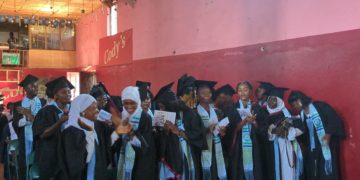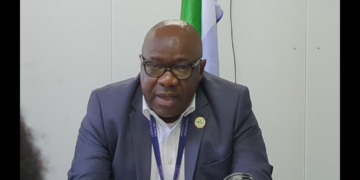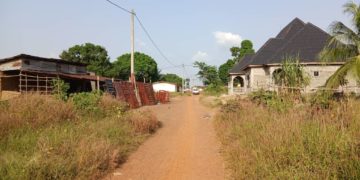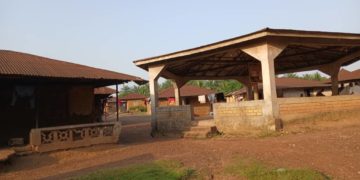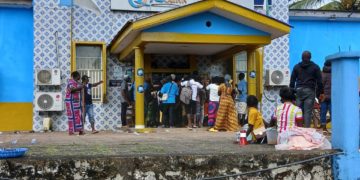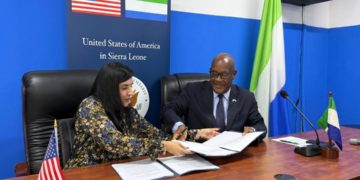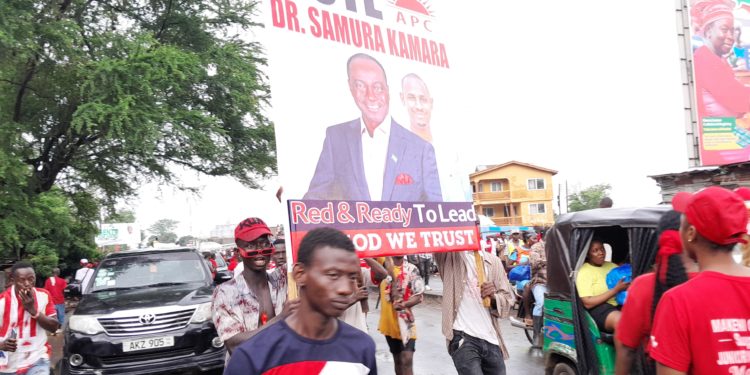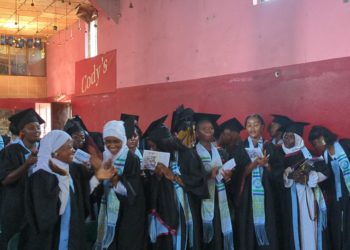Sierra Leone’s main opposition All People’s Congress (APC) seems keen on pursuing its stance on the outcome of the June 24 disputed polls and it is trying to get all the backing of its membership.
The party has released two lists containing the signatures of its members elected to parliament and local council offices who have apparently endorsed its position.
The officials, according to the statements, include members of parliament, the Mayor of Freetown and chairmen of local council in its strongholds.
But the absence of the signature of one elected Member of Parliament, Mohamed Bangura, has against raised question about unity over the party’s move.
The APC, in a statement on June 30th, announced the decision by its National Advisory Council (NAC), its most powerful administrative organ, to refrain from participating in all level of governance in the country as a way of delegitimizing the administration of President Julius Maada Bio, who was announced winner of the presidential race.
Bio’s Sierra Leone People’s Party (SLPP) also won majority of seats in parliament, according to results released by the Electoral Commission of Sierra Leone (ECSL).
The APC has cited several reasons why it settled for the non-participatory route, including lack of trust in the judicial system to seek legal redress.
But as it has since become public knowledge, there has been indication of division over that stance. Several prominent members have spoken publicly against it, including former Attorney General and Minister of Justice, Joseph Fitzgerald Kamara. He said the legal route represented the “best interest” of the party.
Kamara argued that trust in the judiciary is an old age issue that needed fixing.
Cornelius Deveaux, a former Deputy Minister of Information, also argued against boycott. He in fact believes that the party has no point in disputing the outcome of the polls, claiming that it was just a ploy by the leadership to hide their failures to their supporters.
Although the reason for the absence of the signature of Mohamed Bangura has not been provided, it further indicates the presence of division within the party over the issue.
Some political observers say elected officials in particular may be hesitant to publicly disagree with the party for fear of disciplinary action, especially in light of the fact that the PR system adopted in the election of members of parliament and local council representatives gives power to the party to decide on who takes office.

